Vitamin A: The main advantage of dried mango is that it contains vitamin A. Dried mango is very high in vitamin A, essential for skin radiance, eye health, and the immune system. Consuming dried mangoes can also help improve the eye and treat age-related eye disorders and diseases such as cataracts and glaucoma. Vitamin A in dried mango also aids in treating skin cases like psoriasis, acne, eczema, and burns.
Fiber-Rich: Dried mangoes contain soluble fiber, which assists in cleansing the digestive tract, digesting food, lowering cholesterol, and losing weight. Mangoes also comprise Amylase enzymes, which help break down food for more superficial absorption and complicated carbohydrates into simple sugars.
Antioxidant properties: Like other dried fruits, mango contains compounds that work as antioxidants. Antioxidants defend our cells from free radical harm, frequently associated with diabetes, cancer, and aging.
Mood Boosters: Dried mangoes are very high in B vitamins, namely B1 (thiamine), B6 (pyridoxine), B3 (niacin), and B9 (folate). These vitamins are usually found in famous multivitamin accompaniments.
Suitable For Pregnant Women: Dried mangoes include folate oxidized to folic acid. Folic acid is measured as a vital dietary complement before the baby is born. It is necessary to properly grow the baby’s spinal cord and brain, thus stopping the baby from developing a damaged nervous system.
How To Eat Dried Mangoes?
Dried mangoes are customarily processed in slices and may have a chewy, crunchy texture based on the thickness of the slice. You can add these dried mangoes to baked goods, cereal, trail mix, yogurt, or mixed with nuts.


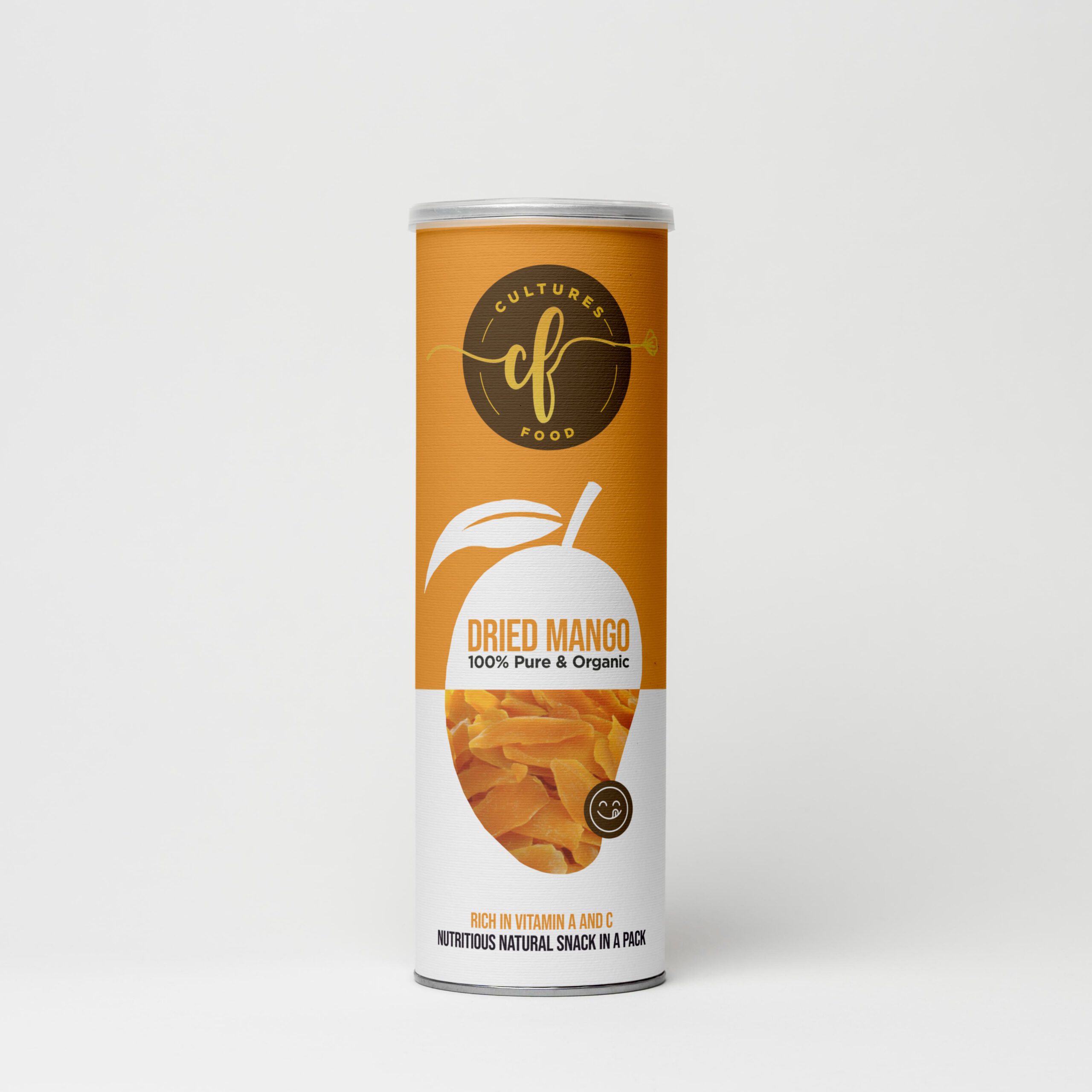
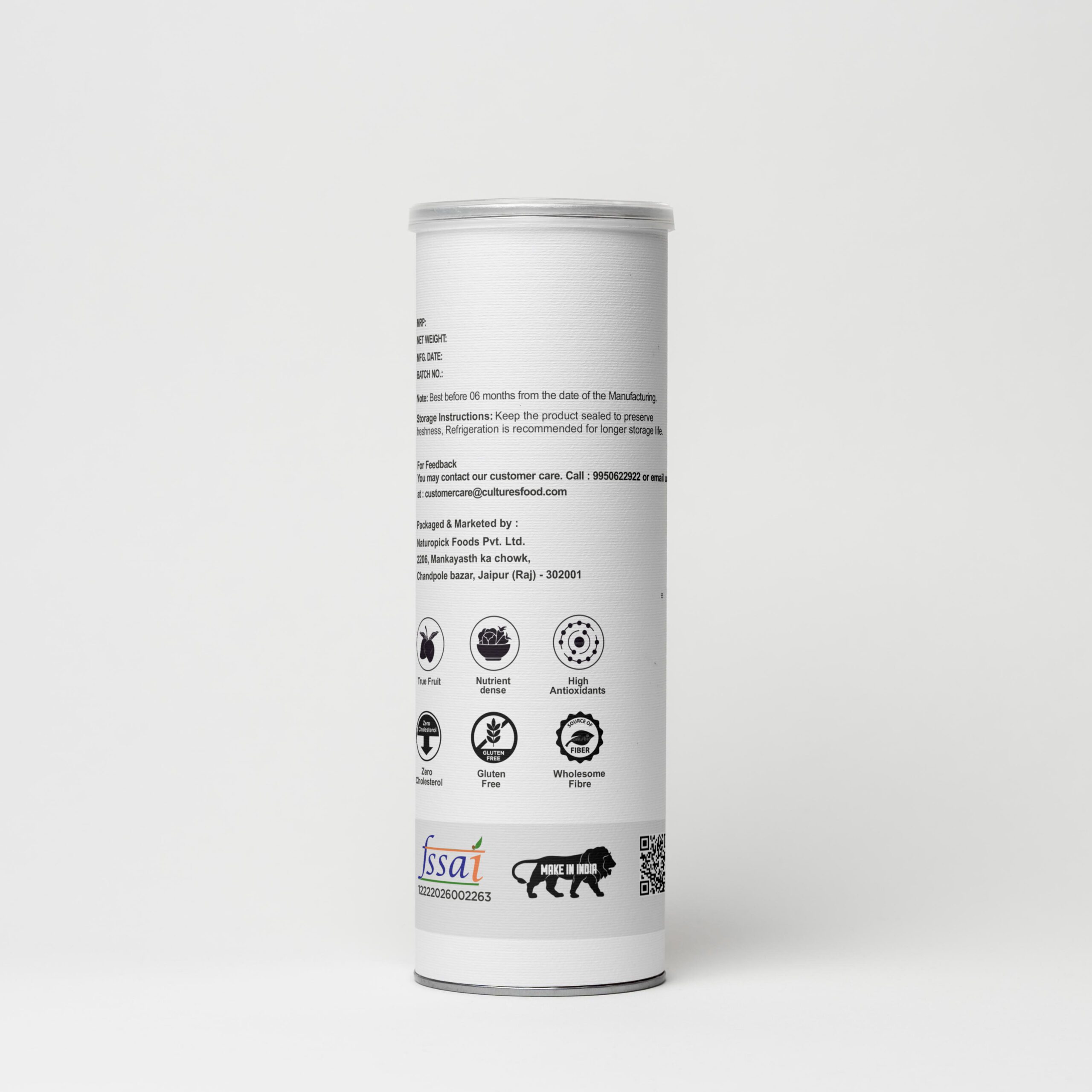
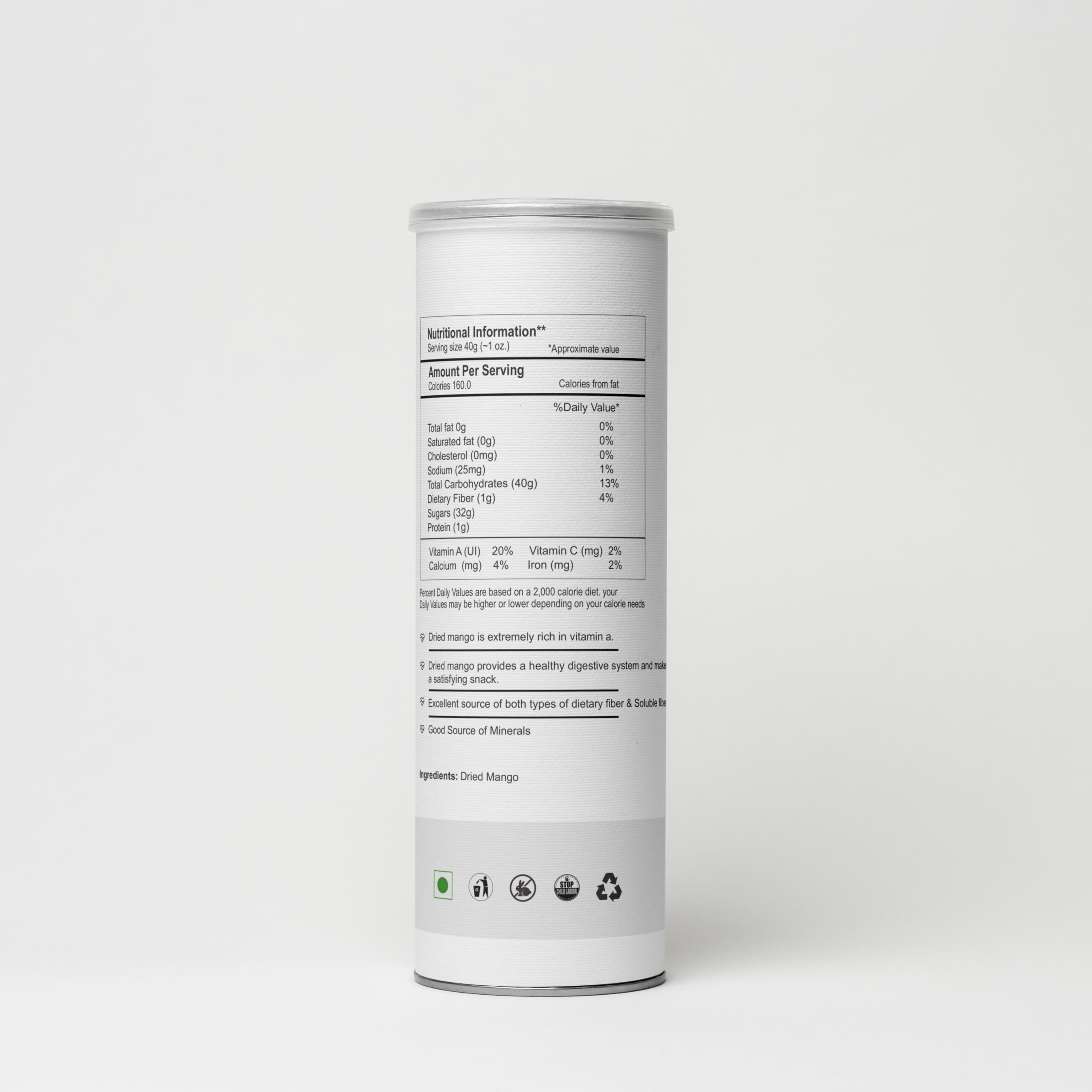
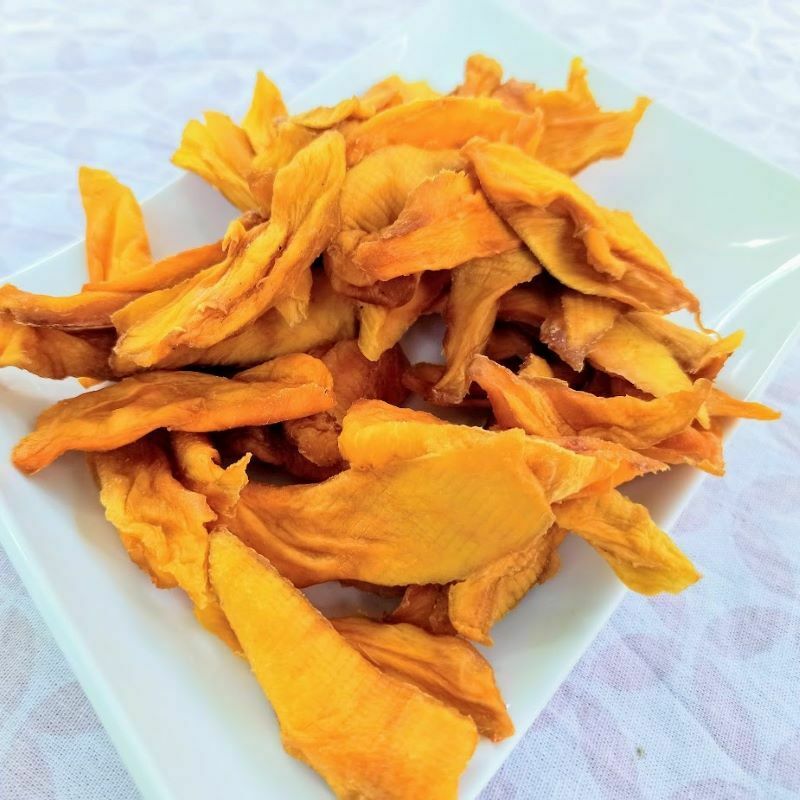
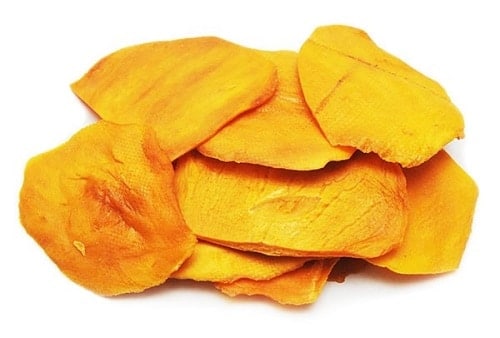
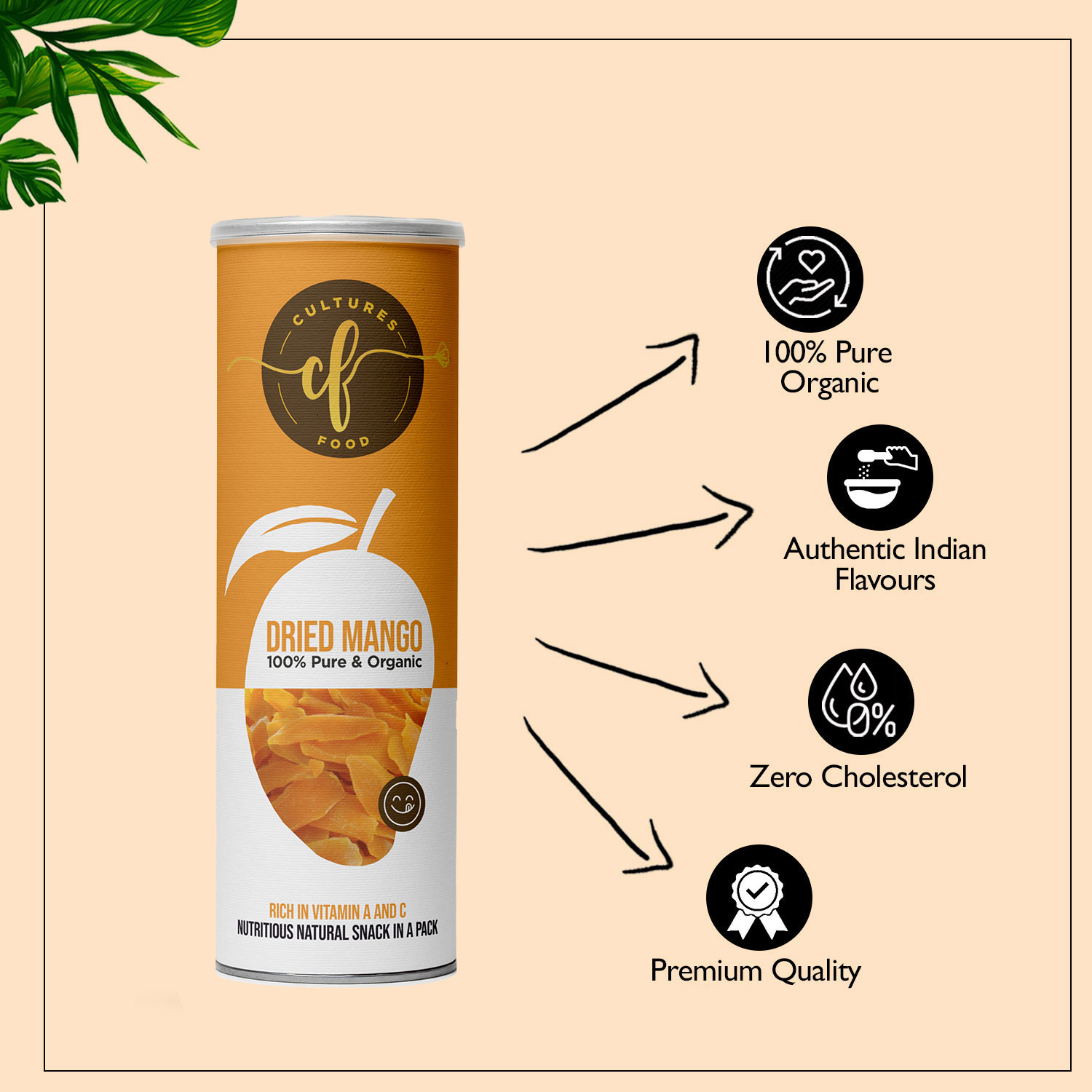
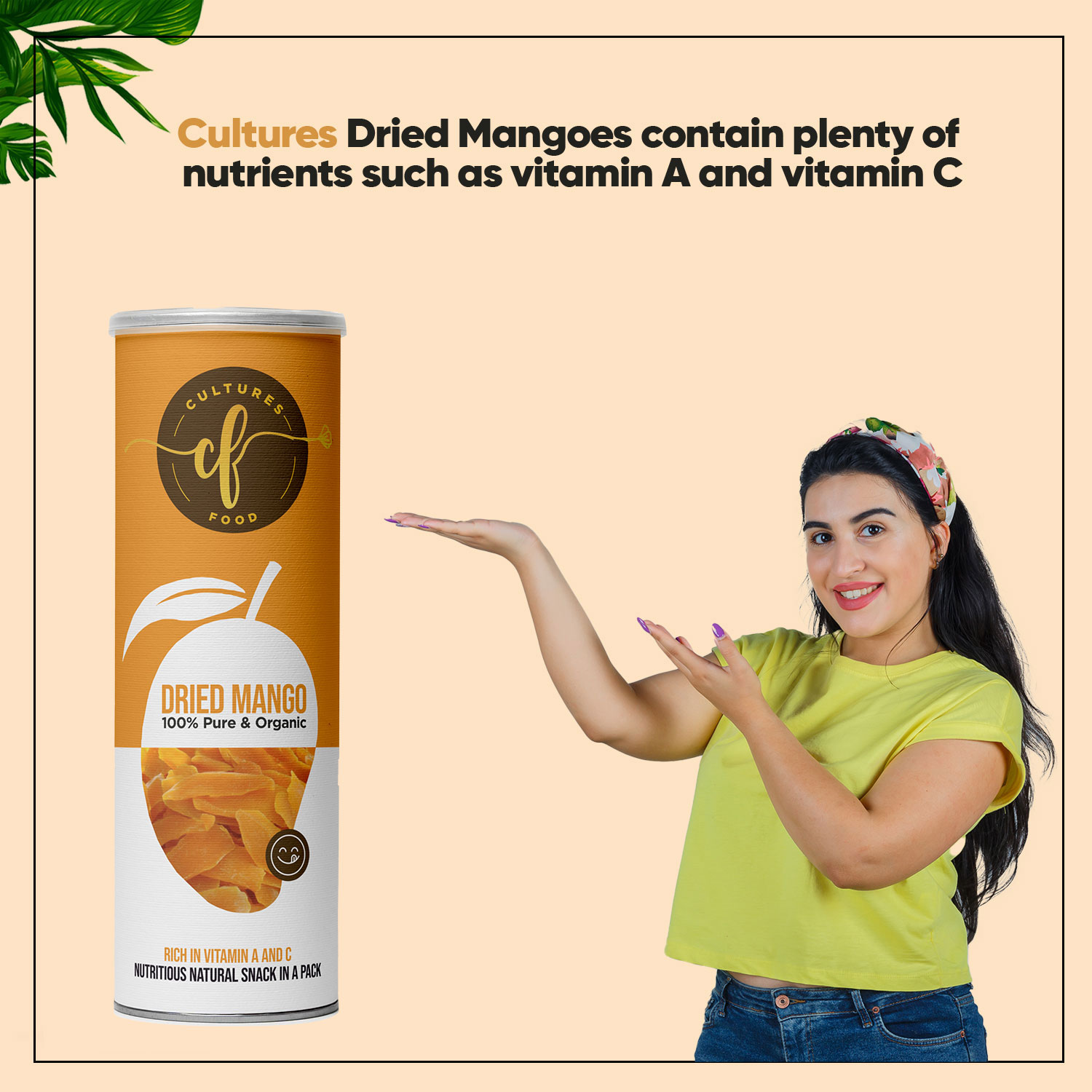
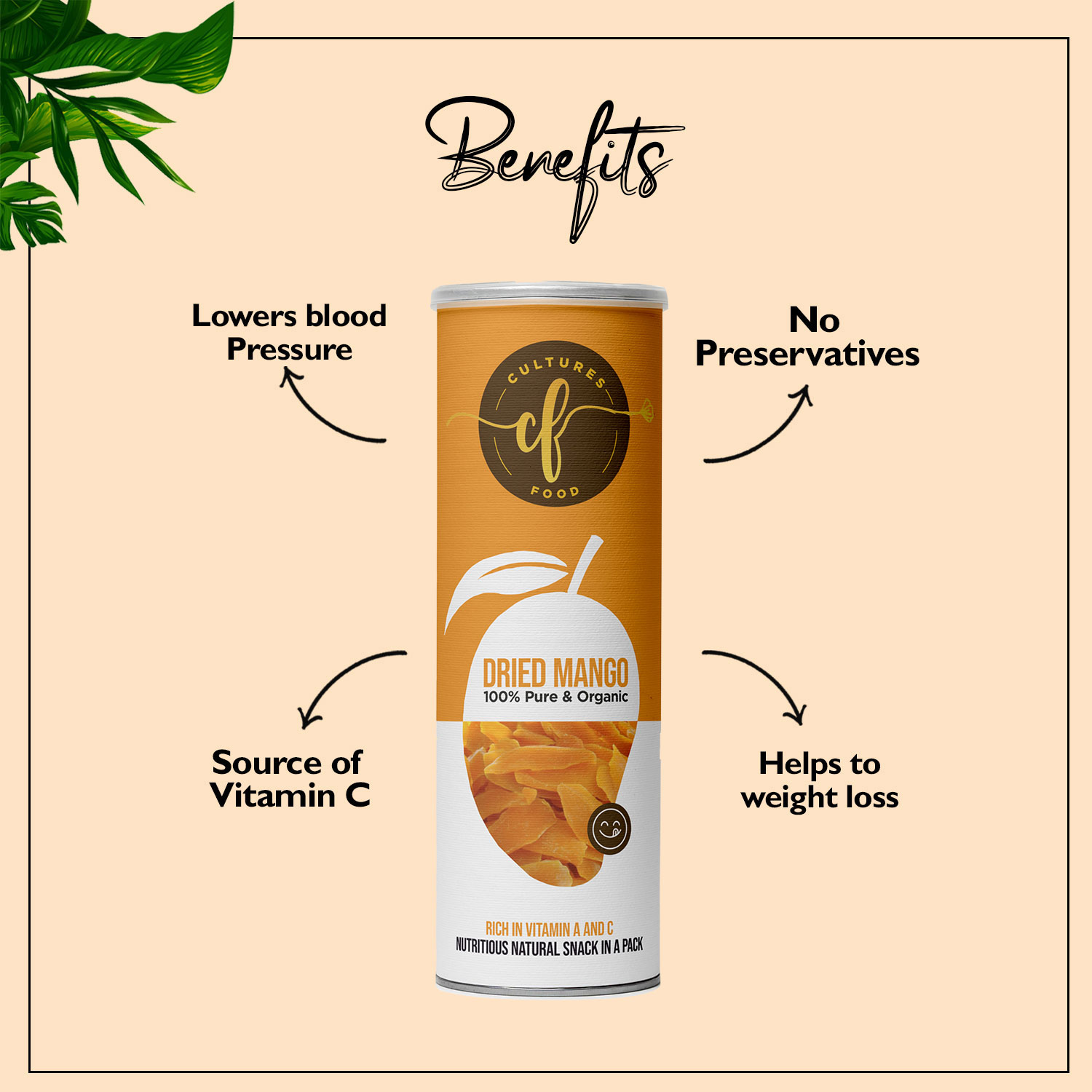
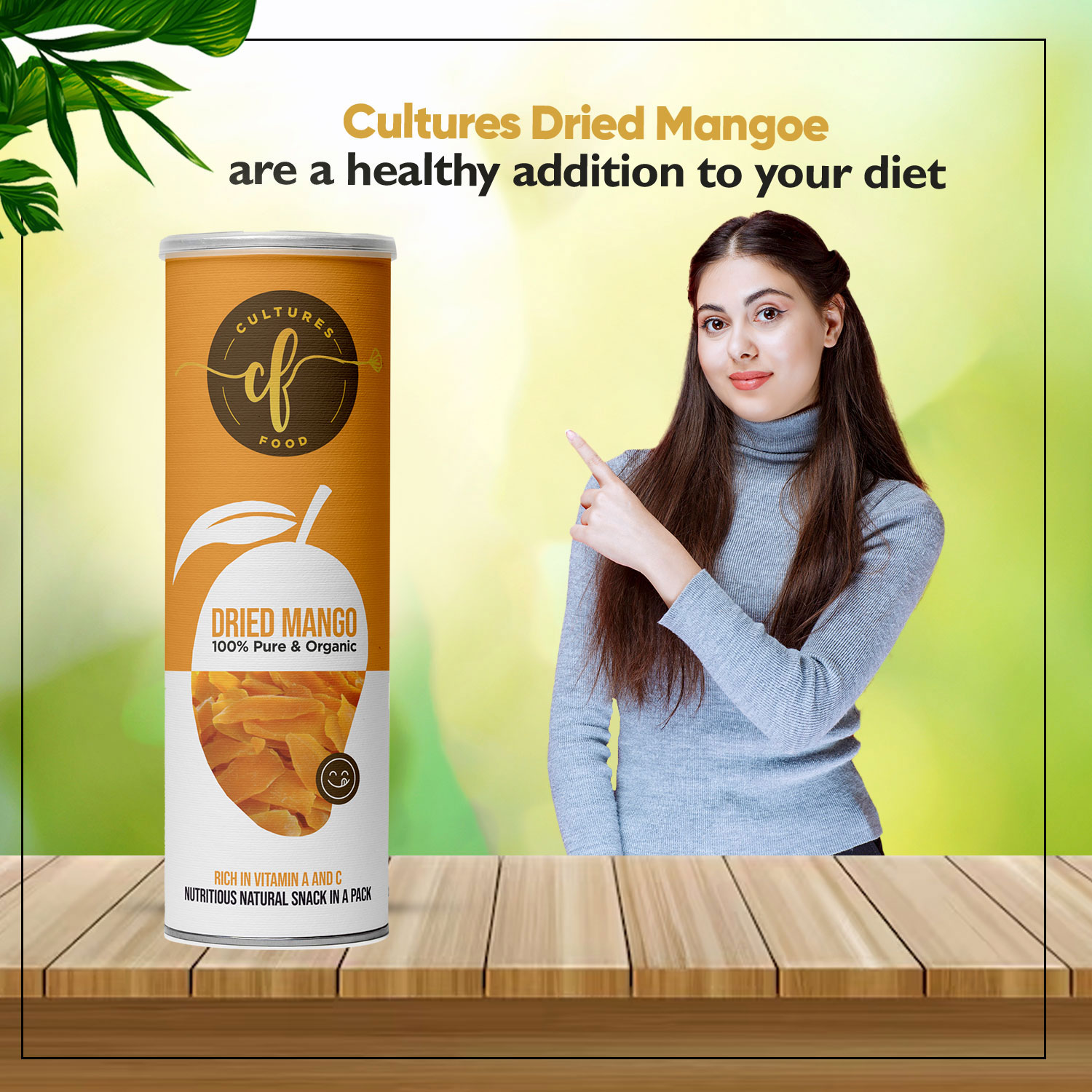
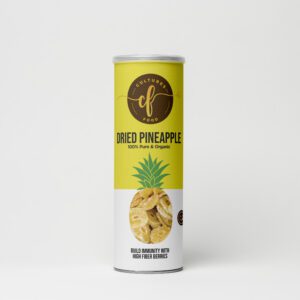
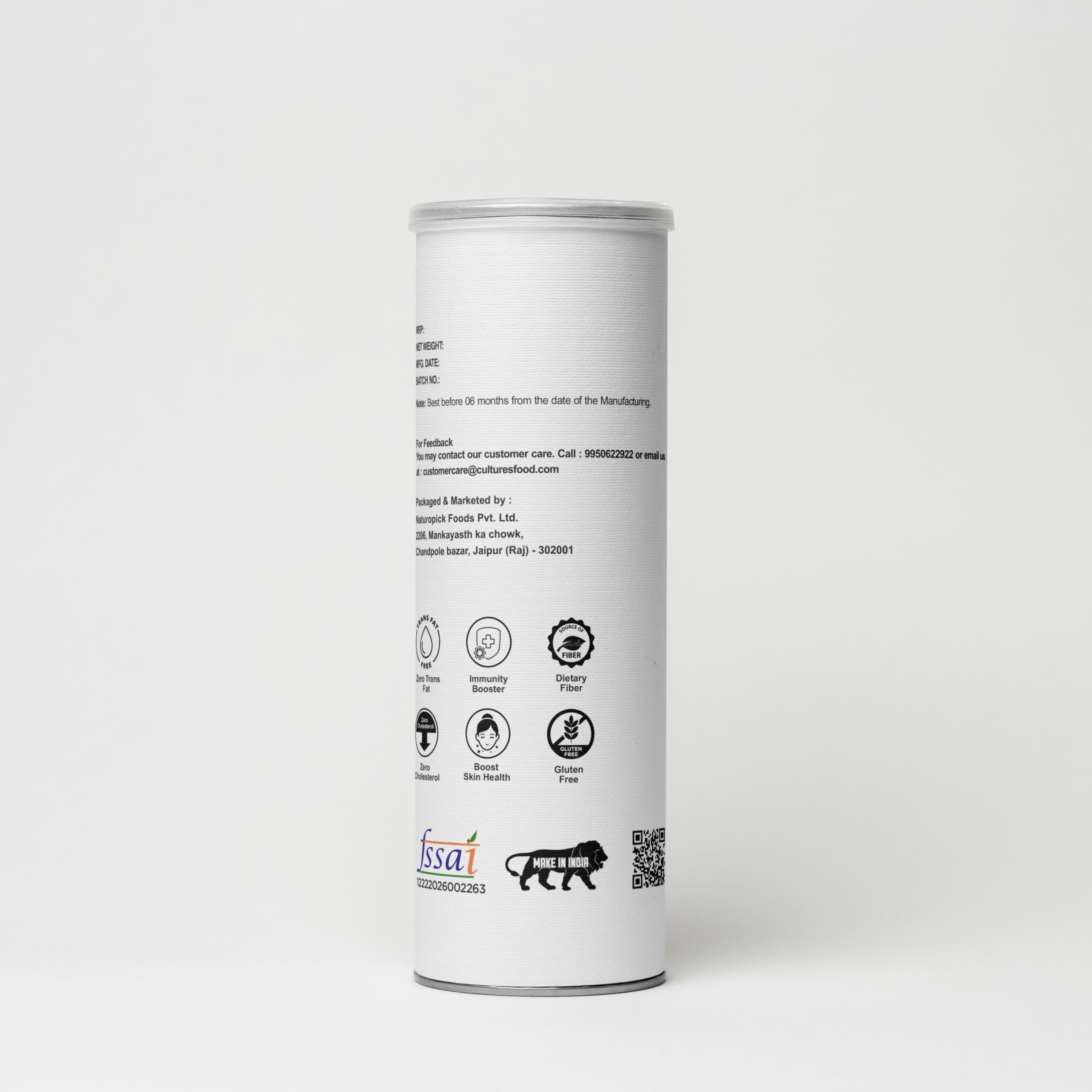
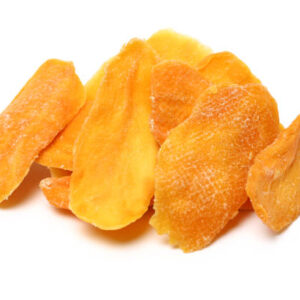
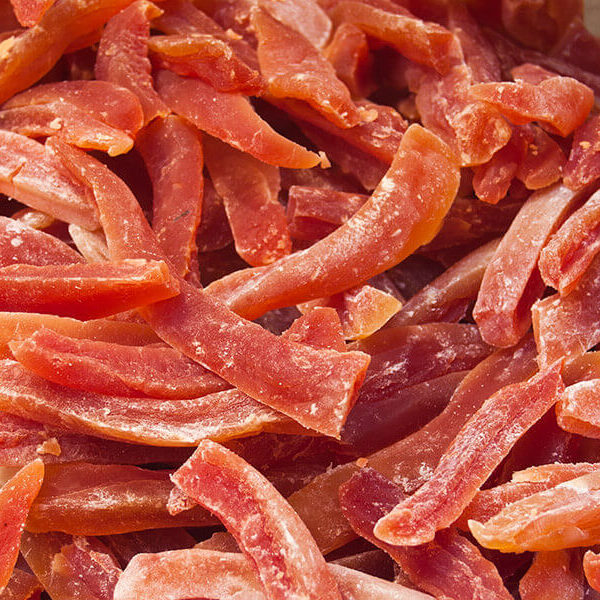
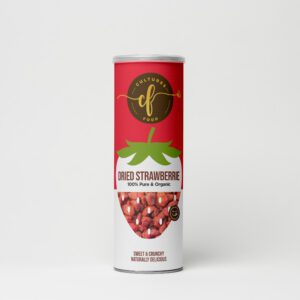
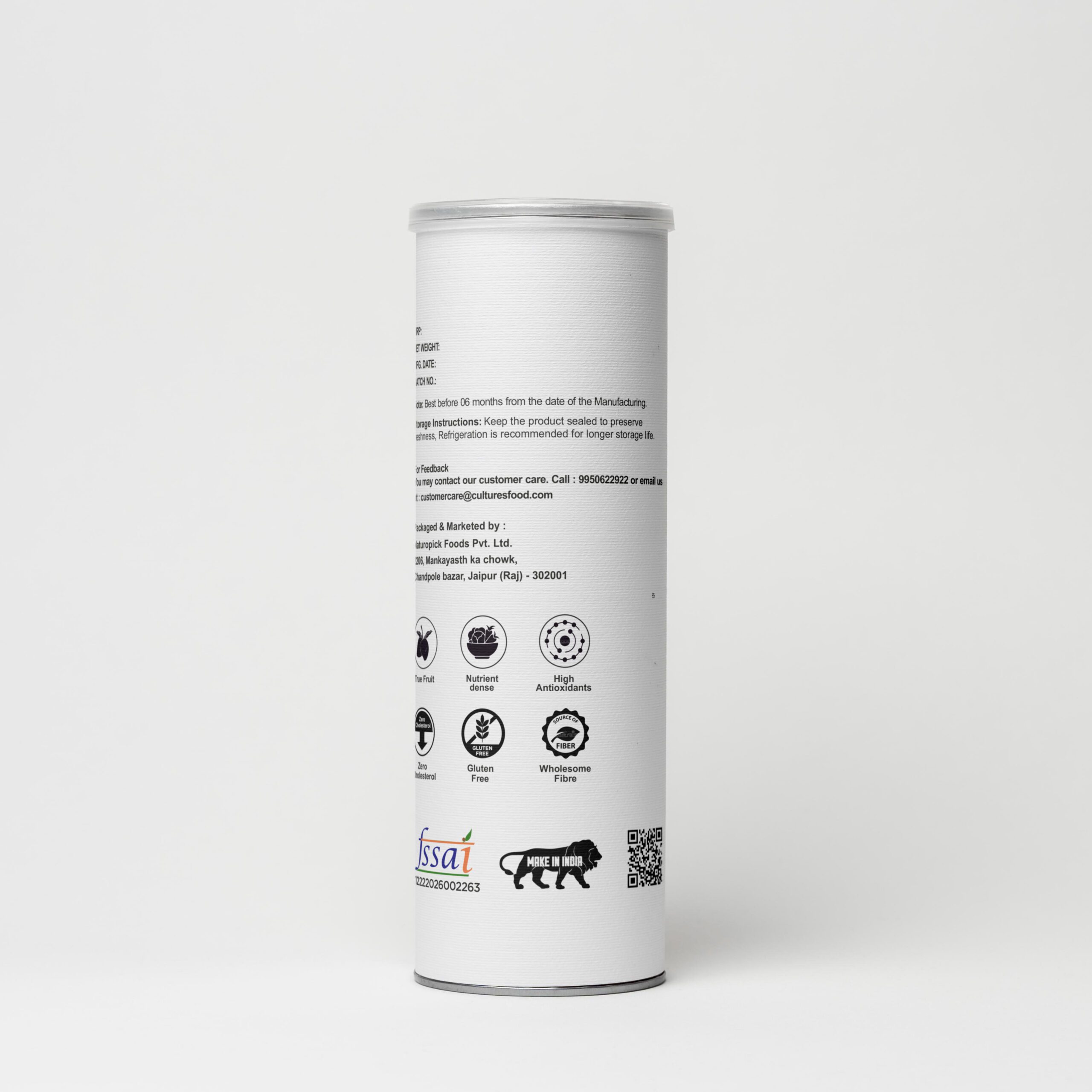
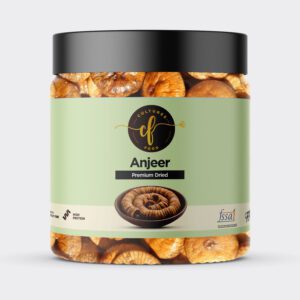
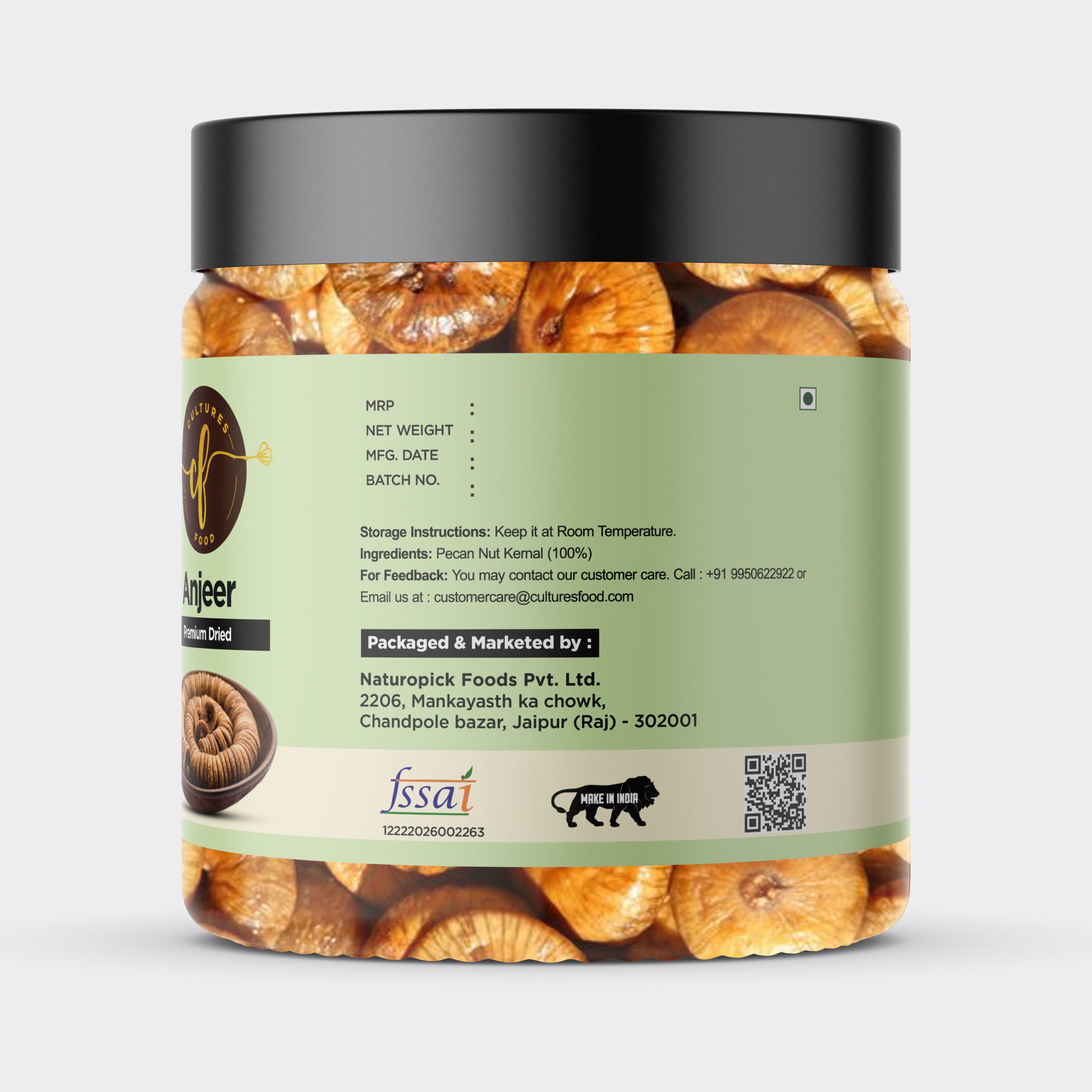
Reviews
There are no reviews yet.